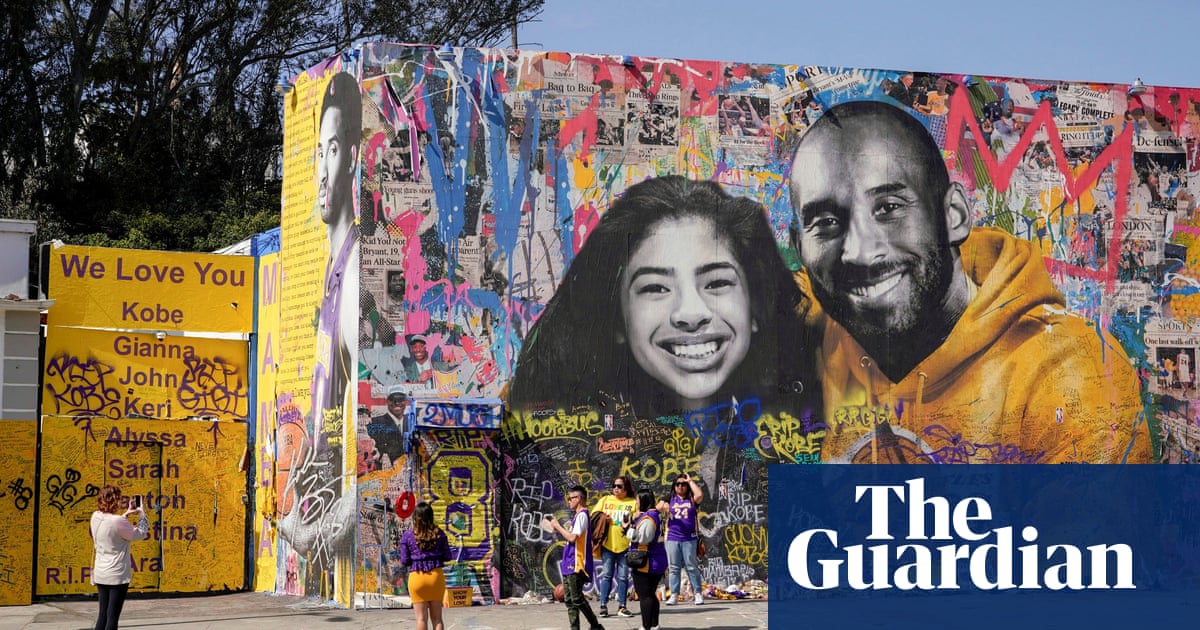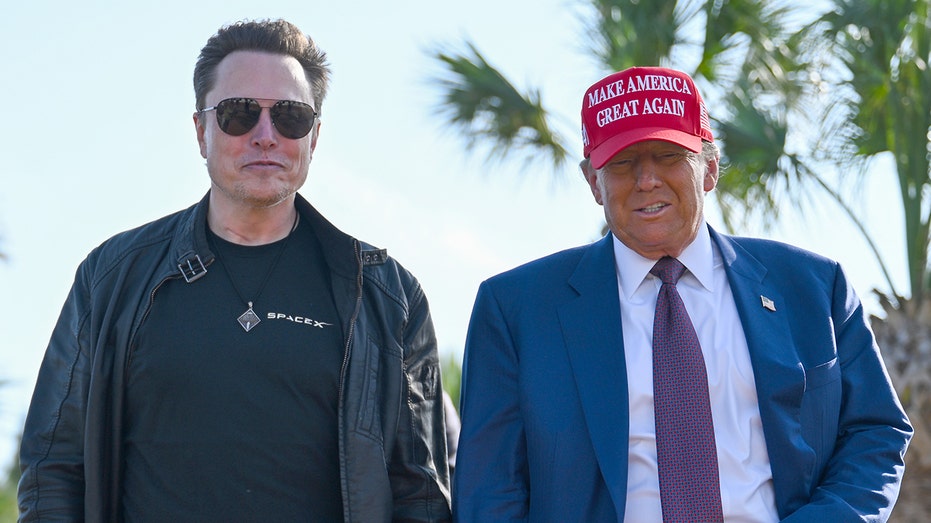Cabinet Report Card: rating the ministers in half-term review - Audrey Young

Lee had already been demoted to a minister outside cabinet a year ago for a lacklustre performance, before being dispensed with altogether. The demotion of Lee and of Reti showed Luxon to be just as much the smiling assassin as his mentor, Sir John Key, had been in office and demonstrated a willingness to cauterise a problem early, before it turned septic. Andrew Bayly’s resignation as a minister in February was much more significant than Lee’s, however, because of the impact it had on Luxon’s reputation. People started talking about whether he would last the distance as PM. Bayly’s departure was due to his conduct as a minister, not his ministerial performance, which wasn’t too bad. He put his hands on the upper arms of his ACC private secretary during an office debate about how ambitious changes to ACC should be (we can assume Bayly was more ambitious than his staffer). On a Friday night, within three days of the incident, Bayly had been persuaded to privately offer his resignation as a minister. The resignation was announced on Monday. Bayly fronted for the cameras, confirming he was staying as MP for Port Waikato, then took four weeks off to go trekking to Base Camp, Mt Everest. Luxon was left to defend the time it took for the ministerial resignation to be announced – there is speculation that Bayly had been considering quitting Parliament altogether. Then in that interview with Newstalk ZB’s Mike Hosking, Luxon repeatedly evaded answering the simple question: would he have sacked Bayly if Bayly had not resigned? The Bayly resignation derailed Luxon’s plans to narrow the focus in 2025 to economic growth. The focus turned to Luxon himself. It undermined his political management skills through an inability to answer direct questions with direct answers. Since that nadir, Luxon has improved largely through international events, including hosting an investment summit, his trip to India, his response to the Trump Administration’s upheaval of the international trade system and through his recent visits to Britain, Gallipoli and the Pope’s funeral at the weekend. He has not yet been tested in any crisis with a similar magnitude to the GFC, the Christchurch earthquakes or the Covid-19 global pandemic. Within his own Coalition, Luxon has avoided any political crisis, largely by taking the que sera sera approach and letting his somewhat temperamental Coalition partners be what they will be. Luxon has scored eight out of 10, the same as his score last year. The ratings are my judgment about each minister’s success in carrying out their ministerial functions. The ratings are subjective and are based on their public dealing and effectiveness at delivering policy. Most ministers have moved up or down only by one, except Judith Collins and Chris Penk, who have both moved up two to nine points. The ratings are not a reflection of support or opposition to particular policies. Whatever your view of the policies, you can respect or criticise the way the ministers operate. Chris Bishop is the only minister to have kept his rating of nine from last year. Erica Stanford and Simeon Brown are both still highly rated but have dropped one point to eight. No ministers have scored below five this time but three scored five: Matt Doocey, Penny Simmonds and Nicola Grigg. They will need to find ways between now and the election to justify their reappointment in any second term Government. The one thing in their favour is that all are from the South Island and two are women: neither category is in abundance in the Coalition. The ministers below are National ministers unless Act or NZ First are mentioned. Christopher Luxon 8 Prime Minister Improving. Has been better at managing his Government internally than selling it domestically. Thrives in international relations and is coming into his own as he oversees NZ’s response to the global economic instability caused by the United States. Has had two brutal but justified reshuffles in a bid to get better performance from ministers. Considering the prickly personalities in his Coalition partners, things could have been a lot worse. Previous score 8. Winston Peters 8 Deputy Prime Minister, Foreign Affairs, Rail, Racing The Jekyll and Hyde of NZ politics. Largely respected in Foreign Affairs but is taking NZ to a new place as NZ First Party leader in rarking up culture wars. Had been disciplined as Deputy PM until recent criticisms of Luxon over US trade wars. Made a remarkable difference in getting his own way over new rail-enabled Cook Strait ferries in 2029. Still manages to present himself as an outsider while remaining deeply embedded in the establishment. Previous score 8. Nicola Willis 7 Finance, Economic Growth, Social Investment Has as many unders as overs in her record so far. Has been firm and clear on her approach to fiscal restraint and frank about the uncertainty on which her May Budget will be based. But she has created a permissive environment for the Reserve Bank to loosen capital rules designed to protect customers; she ditched the Cook Strait ferry order with no backup, over-egged the family boost ECE policy, and dropped the public service portfolio like a hotcake when it looked like it could impact on her ability to win a Wellington electorate. Previous score 8. Chris Bishop 9 Transport, Housing, Infrastructure, RMA Reform, Leader of the House A superman in terms of workload and achievement. Working through his agenda with great efficiency and works well with Coalition partners. Got fast-track law passed, took on Transport in January reshuffle, organised investment summit, is well on way to reforming RMA. As well runs the Government’s legislative agenda as Leader of the House – though has used too much urgency - and will again be National’s campaign manager. Previous score 9. Simeon Brown 8 Health, SOEs, Auckland A victim of his own success. Made such light work of challenges in previous portfolios in Transport, Energy and Local Government, he was the obvious choice to take on the hardest job in the cabinet, fixing the health system. Has overseen a clean-out of Health NZ leadership and has taken early steps to get faster access to treatment and address workforce shortages. It’s a long-term project but will still need tangible results by next election. Previous score 9. Erica Stanford 8 Education, Immigration, Response to Historical Abuse in State Care Continues to excel in Education which has been traditionally difficult for National Ministers. Charm and communication skills have helped her to reduce resistance to an ambitious change agenda. Has faced criticism over harsh immigration settings for visitors from China while at the same time trying to attract visitors. Yet to produce the Government’s big response plan for survivors of abuse in state care. Previous score 9. Paul Goldsmith 7 Justice, Arts, Culture and Heritage, Media and Communications, Treaty of Waitangi Negotiations Could use talents better. Has powered through Justice legislation promised under Coalition agreements, which are skewed to law and order issues, and does a reasonable job of selling it. Is more engaged with the Media portfolio than Melissa Lee. Now that the fog of the Treaty Principles Bill had been lifted, needs to show leadership role in setting out the role of the Treaty of Waitangi in modern NZ. Lost SOEs portfolio to Simeon Brown. Previous score 8. Louise Upston 7 Social Development and Employment, Tourism, Community and Voluntary Sector, Disability Issues, Child Poverty Reduction Solid performer. Has clearly impressed the PM because she has picked up Tourism in reshuffle, in addition to Disability Issues in a previous one. Was also invited to accompany him on recent mission to India. Has barely put a step out of line in primary portfolio of Social Development and Employment. Previous score 6. Judith Collins 9 Attorney-General, Defence, Public Service, GCSB, NZSIS, Space, Digitising Government Back in control. Not a successful party leader but an excellent minister. Took on Defence at a critical time of staffing shortages, low morale, and big decisions to be made in face of superpower rivalry in the region. Has been able to undertake repairs with wholesale changes of leadership in NZDF and Ministry of Defence and long-term planning under a Defence Capability Plan. Handled the disastrous Mānawanui sinking as well as could be expected. Embracing Space as only Collins could. Previous score 7. Shane Reti 6 Science, Innovation and Technology, Universities, Pacific Peoples, Statistics Slip sliding away. Good doctors do not necessarily make good Health Ministers. Lost Health because he got too bogged down in detail and could not zero in on what needed to be done. Oversight and political skills were needed, not medical ones. Also lost ranking, going from No 4 to No 9 in National line-up. Suited to Science but the hard work of restructuring the sector has been done by Judith Collins. Previous score 7. Mark Mitchell 8 Police, Corrections, Emergency Management, Ethnic Communities, Sport and Recreation Police poster boy. This ex-cop is the greatest cheerleader the NZ Police have had - since Stuart Nash - to the extent it is difficult envisaging him ever criticising them. Led the charge for the public ban on gang patches and it has gone far better than sceptics predicted. But the cops can and should largely look after themselves without political oversight. He can afford to devote more energy to Corrections. Previous score 7. Todd McClay 8 Trade and Investment, Agriculture, Forestry Better the second time around. Had a two-year stint in Trade at the end of the Key-English Govt but not particularly noteworthy. Superb this time around particularly in clinching trade deals with the Gulf Co-operation Council and the UAE and in reviving trade talks with India. It was announced in March with the PM during McClay’s fifth visit there and 10th meeting with his Indian counterpart in 15 months. Will be up for an unprecedented 10 points if talks turn into a comprehensive deal, with decent treatment for dairy. Previous score 7. Tama Potaka 6 Conservation, Māori Crown Relations: Te Arawhiti, Māori Development, Whānau Ora, Associate Housing Not terrible, not great. But there is a lot to be said for loyalty. Has one of the most challenging jobs of any Māori in New Zealand, having to express loyalty to many Government policies, some of which he almost certainly takes personal issue with. Has been unusually distanced from the overhaul of Whānau Ora, leaving it all to his ministry. Previous score 6. Matt Doocey 5 Mental Health And then there was one. A case of the vanishing portfolios for this minister, having started the term with ACC, Tourism and Youth as well as Mental Health but has lost all three of them. Is effectively on notice to put his one and only remaining portfolio in order or soon there’ll be none. Keeps his place in cabinet because he is from the South Island. Previous score 6. Simon Watts 7 Climate Change, Revenue, Energy, Local Government Onwards and upwards. The minister who has come from behind and made gains in each reshuffle in portfolios and ranking. Has been brought into cabinet and additionally been given Energy and Local Government. On paper, it is strategically smart to have the same minister with both Climate Change and Energy. The challenge is to produce something that justifies the confidence shown in him and to make real progress in climate change without alienating the rural sector. Previous score 7. Shane Jones 8 Regional Development, Resources, Oceans and Fisheries Doing the mahi for NZ First’s regional development, pro-mining, anti-woke, anti-Green agenda. Is making an impact across all portfolios. Sometimes being loathed is just as important for a small party’s identity as being loved, and Jones delivers on both counts. Previous score 7. Casey Costello 6 Customs, Seniors, Associate Health, Associate Police, Associate Immigration Is beginning to justify her appointment as a NZ First minister after a dreadful start over her handling of the Coalition’s tobacco policy. Unlike some other junior ministers, actually has some grunty issues including refugee services and policy, finding extra police, organised crime, maternity care, emergency road and air services and not least, aged care. Previous score 5. David Seymour 8 Regulation, Associate Education, Associate Health, Associate Justice Has made a big impact in each of his portfolios in accordance with his Act party’s ethos. Love or hate the Treaty Principles Bill, he delivered for his party although failed to engage in meaningful consultation. Has set up a new Ministry of Regulation with a broad mandate, has overseen changes in Pharmac’s funding and culture. May have scored higher if it weren’t for the school lunch debacle. Previous score 8. Brooke van Velden 7 Workplace Relations and Safety, Internal Affairs Often dealing with a mish-mash of issues in Internal Affairs including twee press statements such as the most popular baby names (Noah and Isla) and the highest registered family name (Singh). But van Velden is now advancing a series of controversial policies that sit behind Act’s decision to seek Workplace Relations and Safety. They have one thing in common: they make life easier for employers and weaken unions. The unions call her the worst minister in decades. She would see that as a compliment but she should be required to consult them, despite her personal views. Previous score 7. Nicole McKee 7 Courts, Associate Justice Crunch time. Getting down to the nitty gritty and her raison d’etre for getting into politics. She joined Act as an advocate for gun-owners. Act secured commitments in the Coalition agreement to review the firearms register, shift its administration away from Police, and to rewrite the Firearms Act. Consultation is over and it is time to deliver. The big test will be to find agreement within the Coalition. Previous score 7. MINISTERS OUTSIDE CABINET Chris Penk 9 Building and Construction, Land Information, Small Business, Veterans Very busy, very impressive. A junior minister outside cabinet who has done a lot with some fairly low-level portfolios. Has undertaken major work to reduce time and cost of building and renovating, be it through changes to the Public Works Act, increasing the range of building products, or allowing granny flats without building consents. Has also announced policy to expand the number of people to be recognised as veterans. Excellent communicator. Should be in cabinet, not outside. Previous score 7. Penny Simmonds 5 Environment, Vocational Education Not shining. Never has an Environment Minister had so little to do. With responsibility for RMA reforms stripped out, most of her work on the environment appears to involve waste issues or working with Act as it removes regulations for farmers. Adding to the removal of Disability Issues last year, has had the university part of Tertiary Education removed for Shane Reti to pick up, leaving her with Vocational Education, namely the troubled reform of Te Pukenga, the national Polytech. Previous score 4. Nicola Grigg 5 Women, Associate Trade, Associate Agriculture, Associate ACC Treading water. No minister should be judged by press releases alone which is just as well because the eight statements this minister has produced are pitiful. Yes, six of her 17 months has been spent on parental leave but there is still not much to show for a year’s ministerial work. Not much time left to prove she is worth reappointing in any second term. She could be coming up with some meaty projects within her delegations, particularly in the trade space. Previous score 5. James Meager 7 South Island, Associate Transport, Hunting and Fishing, Youth Class of 2023 standout. He was a known quantity through previous work for National and was earmarked for potential promotion when Luxon chose him as the new MP to lead off the Address-in-Reply debate in 2023. Maintained his stocks through good chairmanship of the justice committee considering the Treaty Principles Bill and other contentious bills. Has been given some hefty jobs in Associate Transport with responsibility for maritime and aviation sectors. South Island job appears to be more about symbolism and photo ops. Scott Simpson 6 ACC, Commerce and Consumer Affairs Safe pair of hands. Served briefly in the Bill English Govt then waited patiently as chief Government whip for the call-back, which eventually came this year after Andrew Bayly’s ministerial downfall. Needs to make the most of the opportunity. Previous ministers, including Bayly, and Kris Faafoi, have made the most of consumer-focused portfolios. Andrew Hoggard 7 Biosecurity, Food Safety, Associate Agriculture, Associate Environment Good response on biosecurity scares and animal welfare rules. Attaches his name to a wide variety of activities undertaken by a large busy ministry, MPI. Former Fed Farmers’ president parachuted straight into Act ministerial role. Has made the most impact as Associate Environment Minister in pausing the rollout of freshwater farm plans and suspending identification of Significant Natural Areas (SNAs) for three years. Previous score 6. Karen Chhour 7 Children, Prevention of Family and Sexual Violence Has weathered the storm that dominated her first year and has passed the law removing section 7AA from the Oranga Tamariki Act, a Treaty of Waitangi clause, which Act believed compromised decisions about a child’s welfare. Has a herculean job to turn around the organisation, but no other minister has succeeded either. Boot camps will be an ongoing challenge. Previous score 8. Mark Patterson 6 Rural Communities, Associate Agriculture, Associate Regional Development Had a significant win for NZ First earlier this month in his responsibility for the wool sector with policy change on procurement: from 1 July, Government agencies will be directed to use woollen fibre products in the construction and refurbishment of government buildings, where practical and appropriate. But that might be as good as it gets for him. Also has responsibility for Landcorp, rural health and rural infrastructure relating to transport and communications. Let’s hope his principal ministers are tossing him more to get his teeth into. Previous score 5.


















